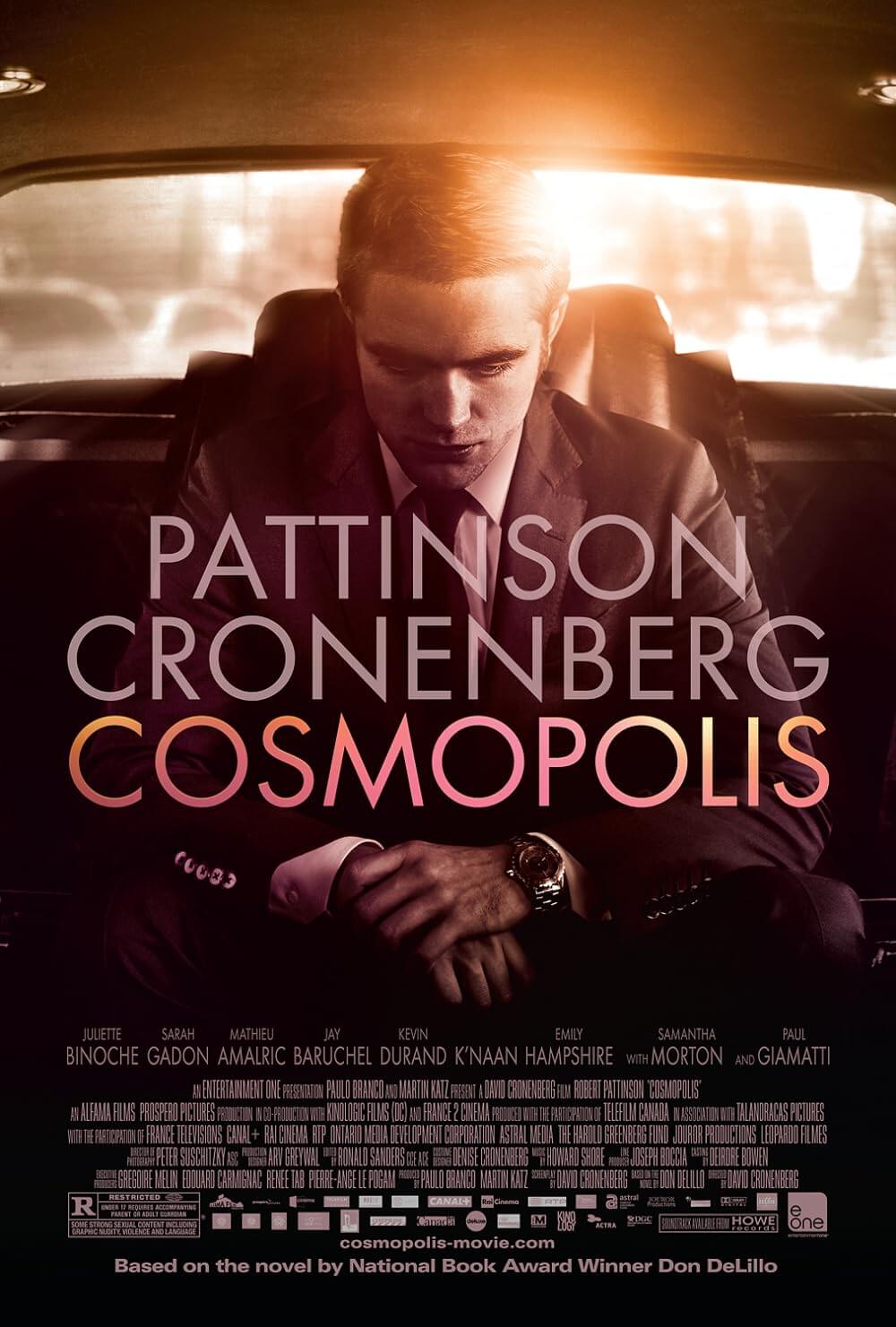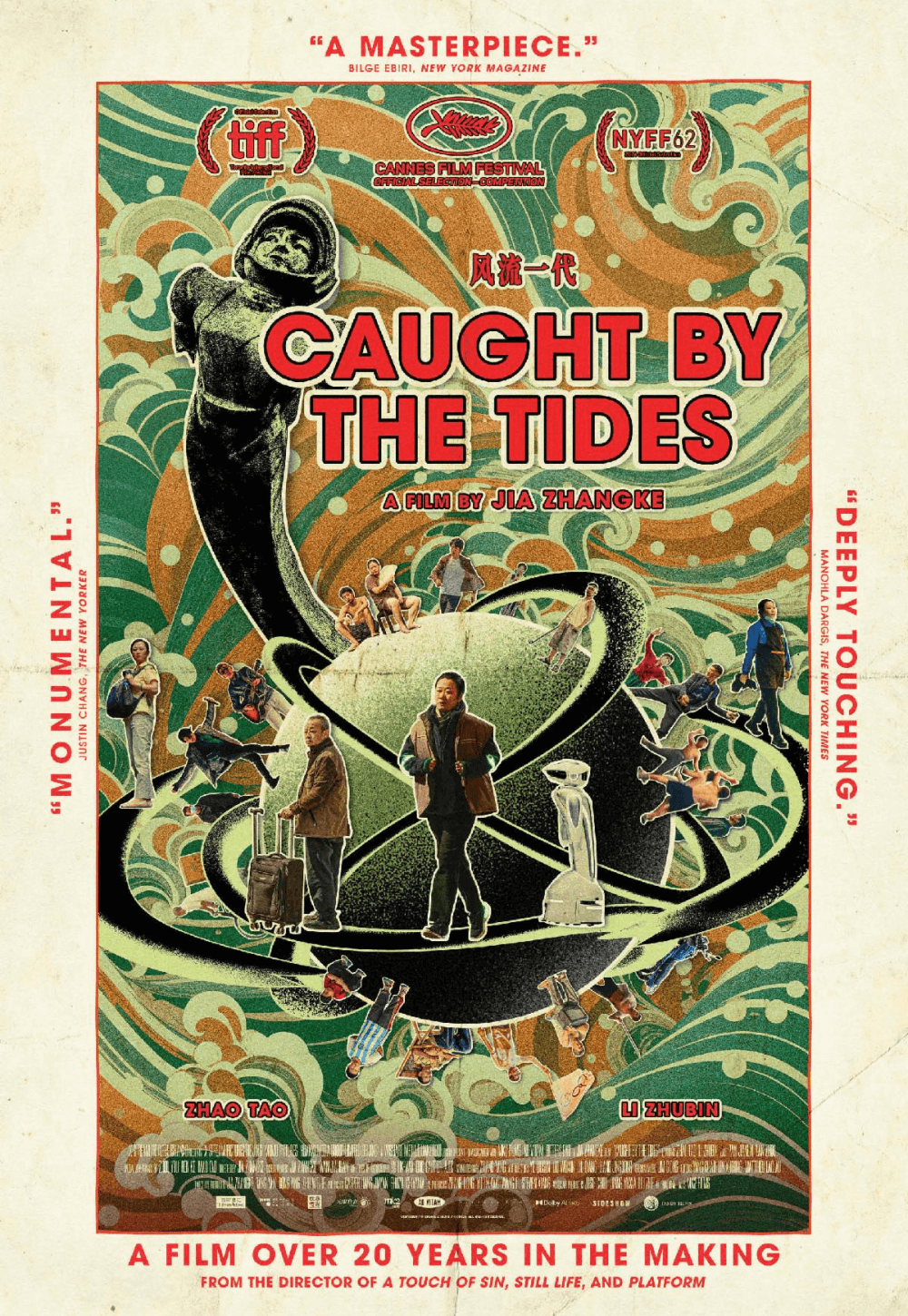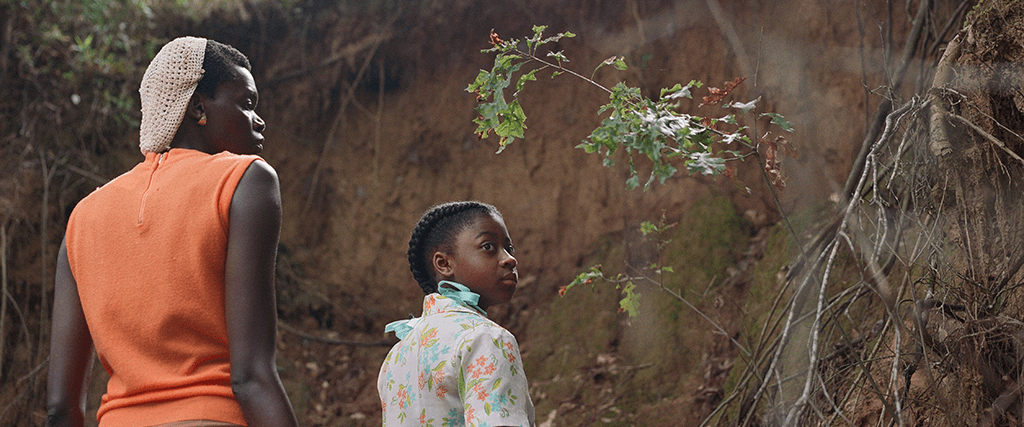
All Dirt Roads Taste of Salt
By Brian Eggert |
Note: This film was originally screened at the 2023 Twin Cities Film Fest and reviewed on October 23, 2023. Below is an expansion of the original review. The film arrives in theaters on November 3, 2023.
There’s a shot in writer-director Raven Jackson’s debut film, All Dirt Roads Taste of Salt, that pauses on a vase containing yellow roses. The vase is slightly to the right of center in the frame, situating the shadow, cast across the wall by the low evening sun, in the center of the shot. From this pointed moment, it could be argued that much of Jackson’s film is interested not in the subject of what occurs in her film but in the impressions leftover—the feelings and residues of life that emerge after time has passed. With this conceptual thesis guiding Jackson, her film is a beautifully made work that eschews a conventional narrative structure. Free of temporal restrictions, the film moves unannounced through various periods in time, stopping at poignant moments, from a prolonged hug to a child watching her mother put on lipstick or her parents dance. Whereas other films consist of heightened dramatic moments that drive the material forward, Jackson dwells instead on textures, sounds, and sensory details. While she creates a wealth of sensations in the viewer, she also conjures feelings of yearning, grief, and memory through cinematic poetry.
Shooting on 35mm, Jackson and cinematographer Jomo Fray keep the camera just off to the side of where traditional filmmakers might point it. Much of the film lingers on hands and what they touch, producing imagined tingles on our fingertips. We also experience the characters’ sense memories of a time and place. Set in rural Mississippi, the film consists of recollections that unfold in nonlinear order from the mind of Mack (played by multiple actors, but in her most substantial presence in her adult years by Charleen McClure). The first scenes show her father, Isaiah (Chris Chalk), teaching the preadolescent Mack (Kaylee Nicole Johnson) and her sister Josie (Jayah Henry) how to fish on the Cumberland River. She touches the scales of a sunfish and pets the slimy black skin of a catfish. Later, her mother (Sheila Atim), teaches them how to clean and prepare the day’s catch at the kitchen table. She also maintains a tenuous, years-long relationship with a boy, Wood (Reginald Helms Jr.), seen in long walks on isolated trails in their teens, or later when they reconnect after many years.
When the film catches up with Mack in her twenties, and again at later times in her life, it alternates between events in a free association. Although what happens in the film could be summed up in a few short sentences—a first kiss, a parent’s funeral, a childbirth, a marriage—there’s a lifetime of evocative imagery that establishes pathways to other memories. Editor Lee Chatametikool creates a mosaic of timelines with an impressionistic thrust that has been compared to Terrence Malick’s cinema, but Jackson is doing something far more experimental and elusive than even Malick’s most ephemeral output. She draws from her work as an award-winning poet and photographer, applying the same logic that each line of a poem, each stanza, can evoke a distinct idea that doesn’t necessarily flow into the next, but overall, it creates a progression of moods and feelings. Such an approach won’t be for everyone. You may see walkouts or fellow moviegoers falling asleep, because the film doesn’t spoon-feed itself to viewers who just want to be entertained.
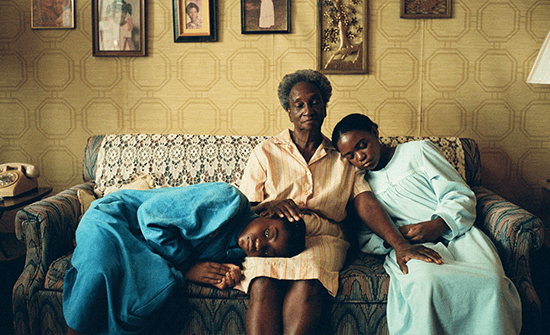
Even within this evocatory agenda, some of Jackson’s themes become overemphasized within the minimal dialogue. For instance, the film’s visual and aural concentration on water is unmistakable. Shots of rainfall, cleansing baths, and hands exploring the feeling of mud under the shallows combine with the temporal structure to underscore the notion that time and generations flow into one another—from Mack’s mother to her daughter. One particularly memorable shot observes the way underwater mud and sediment resemble clouds, moving in billowing formations beneath the surface as the distant sound of thunder echoes the connection. But Jackson—who was raised in Tennessee, though her mother and grandmother hail from Mississippi—unnecessarily underlines the point when, later on, Mack tells her daughter that water never disappears. Mack explains that it merely changes form—a notion that most people watching an arthouse film like this would surely interpret from the water-centric imagery without punctuating it with dialogue.
The film emerged out of Jackson developing her earlier work into a feature film. The title derives from a poem she wrote after conversations with her grandmother about the cultural practice of eating clay dirt. The nutrient-rich tradition, performed by Black women in the rural South and many African cultures, is intended to fight disease and assist with pregnancy. Mack and Josie learn about this from their mother and grandmother, who search along the roads for clay deposits at various points in the film. She also drew from her award-winning short film from 2018, Nettles, which she made alongside Fray, a fellow NYU film school graduate. But her script wasn’t a traditional page-per-minute document; it was a 60-page text that allowed Jackson to concentrate on the sensorial quality of what she hoped to evoke—a feeling rather than a grounded narrative context. Although later your mind will try to situate every scene on a timeline, Jackson allows the viewer to feel present in each moment, no matter when it occurs.
Given its elusive temporality and lyrical nature, All Dirt Roads Taste of Salt takes its time to cast its spell, welcome you into its rhythms, and shake off any notion of adhering to standard narrative formats. But once it does, the delicacy and refinement of the imagery and immersive sound design reveal boundless feelings. Among the film’s greatest discoveries is McClure, who, according to the press notes, was originally considered as a production assistant until Jackson realized that McClure, like her character, had lost her mother and was dealing with questions of loss, memory, and love. Together, Jackson and McClure, and indeed the entire production, create a conversation amid generations of Black women who, in the film, each inhabit their moment. Its scenes never feel anything less than deeply personal and meaningful, despite how they fluidly transition from one time period to the next. In this vast tapestry of generations, it’s stunning how Jackson forms an understanding of her characters, and not even on intellectual terms, but on terms that can only be felt and expressed through sound and vision.
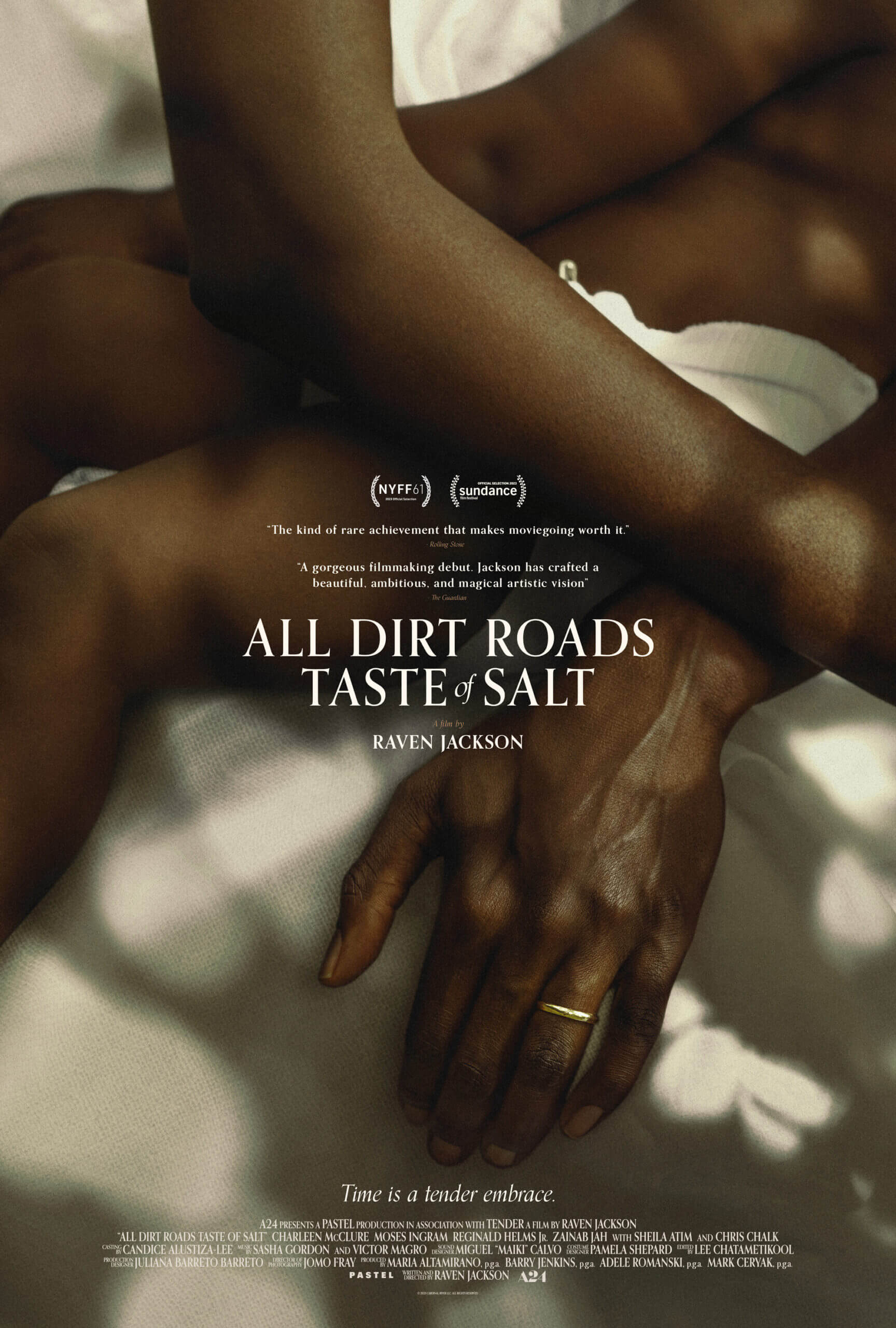
Unlock More from Deep Focus Review
To keep Deep Focus Review independent, I rely on the generous support of readers like you. By joining our Patreon community or making a one-time donation, you’ll help cover site maintenance and research materials so I can focus on creating more movie reviews and critical analysis. Patrons receive early access to reviews and essays, plus a closer connection to a community of fellow film lovers. If you value my work, please consider supporting DFR on Patreon or show your support in other ways.
Thank you for your readership!
Brian Eggert | Critic, Founder
Deep Focus Review


